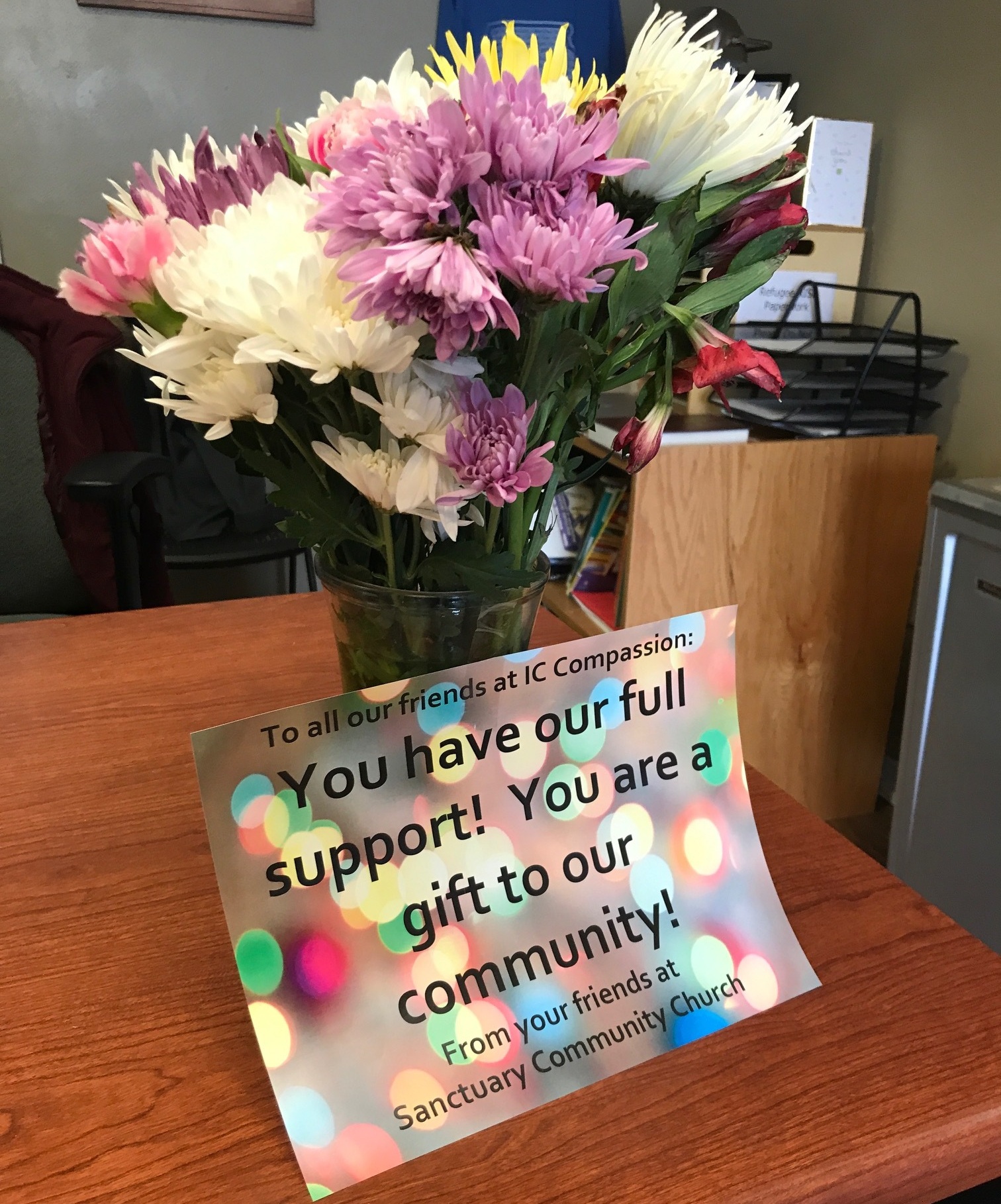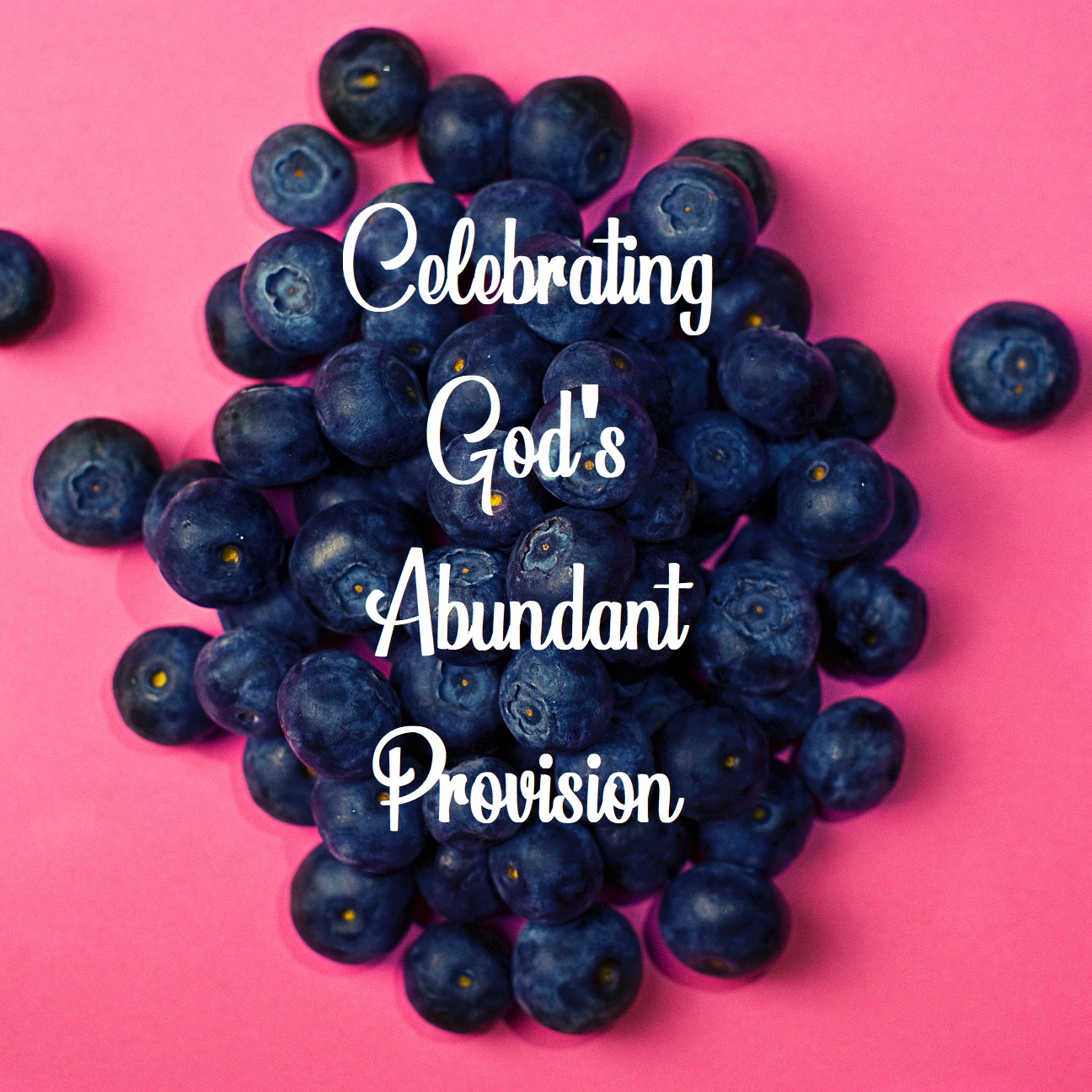Last Sunday, Tom introduced the topic of Religious Trauma and provided the following questionnaire. These questions are meant to stir reflection and aren't intended to be a formal diagnostic tool. We're happy to hear your thoughts and feedback about what this stirs.
Adverse Religious Experiences Questionnaire
Do you remember being told that God has negative thoughts or feelings towards you?
Do you have a memory of God’s acceptance of you being brought into question?
Have you experienced shame or humiliation in a religious or spiritual setting or conversation?
Have you ever compromised your intellectual, emotional, or moral self because of religious pressure?
Have you ever been excluded or expelled from participation in religious activities or a religious community?
Have you ever participated in religious practices or activities to avoid trouble, loss, or exclusion/expulsion?
Have you ever experienced abuse (verbal, physical, emotional, sexual, other) in a religious setting or by a religious authority figure?
Have you treated other people in a way you regret because of religious pressure?
Have you been exposed to severe discord or fracture of a religious community?
Have you been exposed to the dismissal or ouster of a religious leader?
If yes to any of the above, do you have strong, easily activated memories of the event or experience?
Do you ever experience anxiety or anger when anticipating being in religious events or settings?
Does being near a pastor or religious leader ever make you anxious or angry?
Do negative anticipations cause you to avoid religious events, settings, people or conversations?



















